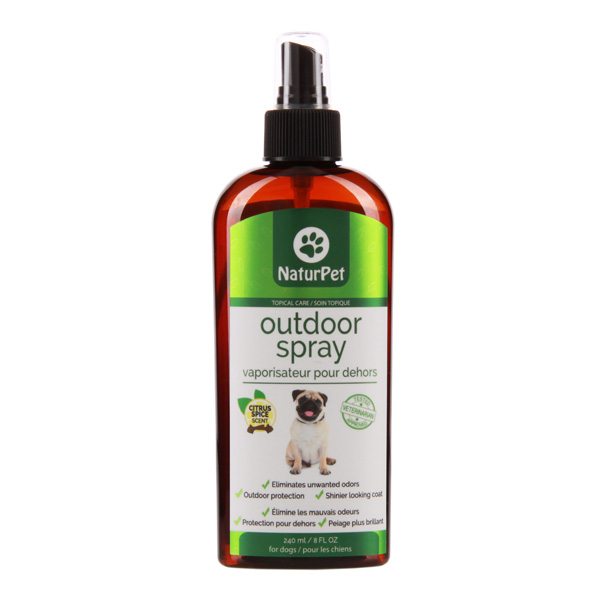Picking the right pet medicine is important to keeping your furry friends healthy. Knowing which type of medicine will work best for different types and breeds of pets can help ensure they are properly cared for. Whether you’re looking to protect against fleas, ticks, or even heartworms, there are several options available – including popular brands such as NexGard for dogs.
1: Heartworm Prevention Options
Heartworm prevention is essential in many parts of the country where mosquitoes are common. The most effective option for dogs is typically a monthly oral medication such as Interceptor Plus or Heartgard Plus. Revolution offers protection against fleas and heartworms for cats in one easy-to-administer dose.

2: Flea and Tick Control Medicines
When controlling fleas and ticks, topical treatments are often preferred due to their convenience – apply once per month directly to your pet’s skin at the back of their neck. Popular products include Frontline Plus (for cats & dogs) and Bravecto (for dogs). Alternatively, you may consider an oral product such as NexGard for dogs; this chewable tablet provides effective control while preventing tapeworm infections.
3: Ear Mites in Cats
If left untreated, ear mite infestations can cause severe itching and discomfort in cats. Fortunately, treatment is relatively simple – apply a few drops of over-the-counter otomite ointment to each ear twice a day until symptoms subside (usually 7 days). If your cat is particularly sensitive to medication, you may need to opt for a prescription version from your vet instead.
4: Skin allergies & atopic dermatitis
Skin allergies are common in both cats and dogs; look out for signs such as excessive scratching or licking/biting of certain areas of the body. Mild cases can be treated with antihistamines such as Zyrtec, but more severe cases may require stronger medication such as steroids or antibiotics from your vet. If no underlying causes can be found, immunotherapy may be required; this involves administering injections containing the allergen over time to gradually desensitise them to it.
5: Managing arthritis pain
Arthritis affects around 20% of adult cats and 40% of adult dogs, so it’s important to know what medications are available if your pet develops this condition as they get older. Non-steroidal anti-inflammatory drugs (NSAIDs) such as Rimadyl or Metacam provide relief by reducing joint inflammation, while omega-3 fatty acids have also been shown to reduce pain associated with arthritis – these can be given orally or by injection depending on preference/severity of symptoms.
6: Gastrointestinal medications
Gastrointestinal problems such as vomiting, diarrhea and constipation are fairly common in both cats and dogs, and treatment usually involves supportive care through dietary changes or herbal supplements, as well as specific medications prescribed by your vet depending on the cause of the problem (e.g. metronidazole or prednisone). Probiotics are also known to help restore the balance within the gut microbiome when used regularly, so it’s worth considering if other treatments alone aren’t working well enough.
7: Urinary tract infections and crystals
Urinary tract infections (UTIs) occur when bacteria enter the urine via an infected bladder wall; this can lead to the formation of crystals, further increasing the risk of the infection spreading throughout the urinary system if not treated quickly with antibiotics such as ampicillin/enrofloxacin/cefovecin plus additional fluids given orally/IV depending on the severity seen on examination in the vet’s office (Grade V+). Urine acidifiers are also sometimes recommended to prevent the formation of further crystal deposits at the same time helping to reduce the likelihood of future UTIs occurring again in the near future too!

8: Vaccinations & parasite control
Vaccinations play an important role in protecting pets from diseases such as distemper or parvovirus, so should always be up to date with annual checkups to ensure all required shots have been received appropriately without any delays based on individual breed needs/risks posed environmental living conditions etc – in addition worming tablets containing praziquantel popular choice control parasites roundworms whipworms hookworms other intestinal worms commonly found in canine, feline species worldwide too!




